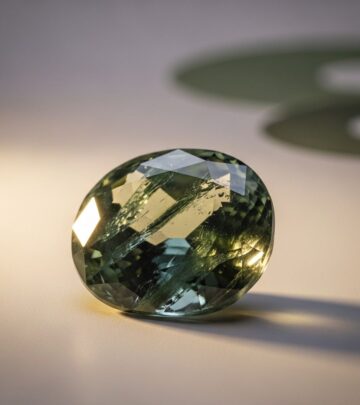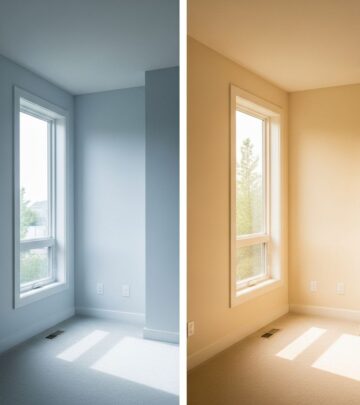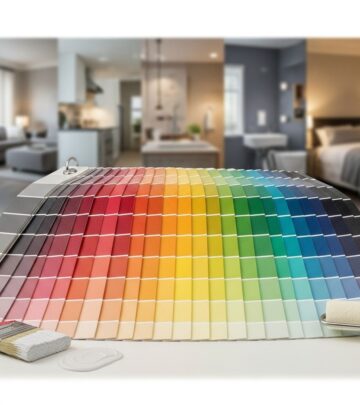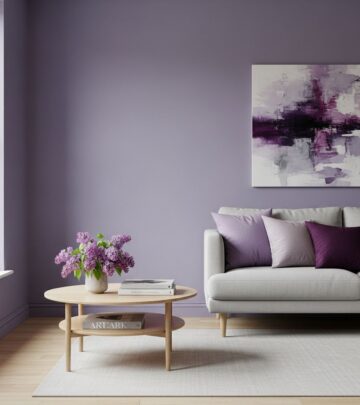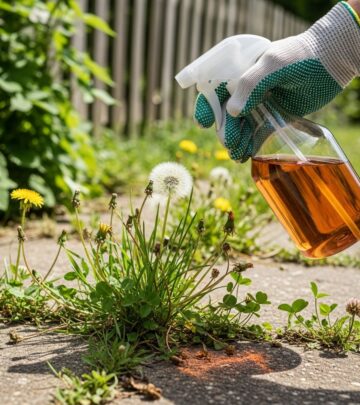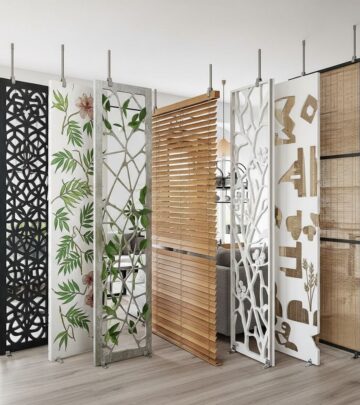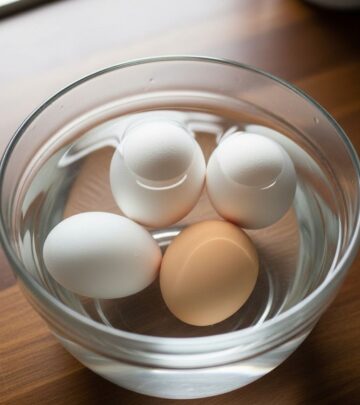The Best Humidifiers for Plants: Keeping Your Greenery Thriving Indoors
Give your houseplants the consistent humidity they crave for thriving, vibrant foliage.
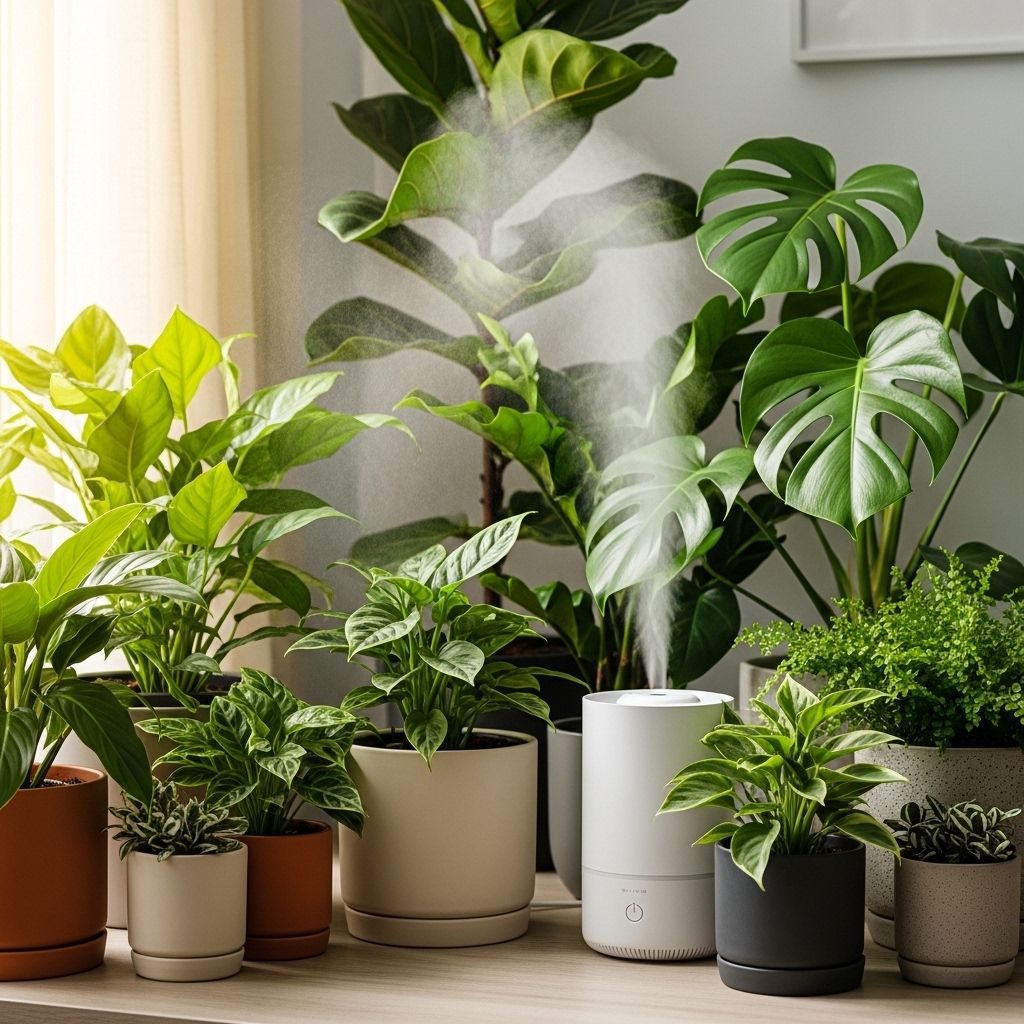
The Best Humidifiers for Plants: Expert Guidance for Thriving Indoor Greenery
Humidity is an essential factor for the health and vibrancy of indoor plants, especially for tropical species and those prone to dry, crispy foliage in climate-controlled homes. Whether you’re an enthusiastic collector or a casual plant lover, maintaining optimal humidity can mean the difference between flourishing plants and those that struggle. The right home humidifier is a powerful tool—making your living space more plant-friendly while simultaneously improving air quality for you. This guide covers everything you need to select the best humidifier for your plants: from expert reviews to care tips and frequently asked questions.
Why Plants Need Extra Humidity Indoors
Indoor environments are often dry—especially in winter or climates relying on forced-air heating or air conditioning. Most popular houseplants, such as monstera, calathea, ferns, and philodendron, are native to humid tropical or subtropical regions. Low humidity can cause leaf browning, drooping, slower growth, and increased pest risk.
- Optimal humidity for tropical plants: 50–60% RH (relative humidity)
- Common signs of low humidity: Leaf edges turning brown or crispy, buds failing to form, increased watering needs
- Benefits of a humidifier: Stable humidity, less watering required, improved plant health and appearance
Best Humidifiers for Plants: Top Picks Reviewed
Below is a curated selection of the best humidifiers tailored for plant lovers, highlighting unique features, performance, pros and cons, and suitability for different spaces.
1. Levoit Dual 150 Ultrasonic Cool Mist Humidifier
The Levoit Dual 150 stands out for its quiet operation and adjustable mist levels, making it a favorite among plant enthusiasts.
- Type: Ultrasonic cool mist
- Tank capacity: 3 liters
- Coverage: Suitable for small to medium rooms (up to ~250 sq. ft.)
- Run time: Up to 18 hours continuous use
- Notable features: Essential oil diffuser capability, three mist settings, automatic shutoff
Pros: Quiet operation, doubles as a diffuser, easy to fill and clean. Cons: No smart features, limited coverage for larger spaces.
2. TTYHC Cool Mist Humidifier
Known for its ease of maintenance and budget-friendly price, the TTYHC offers RGB ambient lighting and precise misting control.
- Type: Cool mist/diffuser
- Tank capacity: 3 liters
- Coverage: Up to 160 sq. ft.
- Run time: Up to 18 hours
- Notable features: Adjustable nozzle, timer, simple button control, multiple lighting options
Pros: Easy to clean and refill, affordable, energy efficient. Cons: Only three mist levels, smaller coverage for large spaces.
3. Dreo 6-Liter Smart Ultrasonic Humidifier
The Dreo 6L Smart Humidifier is ideal for larger plant collections and spaces, offering app-based controls and advanced scheduling features.
- Type: Ultrasonic smart humidifier
- Tank capacity: 6 liters
- Coverage: From 100 sq. ft. up to 550 sq. ft.
- Run time: Up to 60 hours
- Notable features: App monitoring, filter change indicators, scheduled operation, variable mist output
Pros: Powerful coverage, smart remote and timer features, customizable settings. Cons: Slightly louder (max 35 dB), larger footprint.
4. Coolfiqu 6L Warm Mist Humidifier
This model is designed for larger rooms and offers both warm and cool mist settings, ideal for sensitive plant species or those needing warmth in colder climates.
- Type: Warm/cool mist
- Tank capacity: 6 liters
- Coverage: Up to 500 sq. ft.
- Run time: Extended operation with auto shutoff
- Notable features: Large tank, adjustable mist output, digital controls
Pros: Versatile for year-round use, suits exotic/tropical plants. Cons: Higher energy consumption, warm mist function may require more cleaning.
5. Mars Hydro 6L Ultrasonic Cool Mist Humidifier
| Features | Mars Hydro 6L |
|---|---|
| Tank Capacity | 6 liters |
| Power | 30W |
| Noise Level | <35 dB |
| Run Time | Up to 38 hours |
| Mist Modes | Manual, Timer, Cycle, Ambient |
- Smart features: App control, automated environmental adjustments, compatibility with smart grow room setups
Pros: Flexible mist settings, integrations with other Mars Hydro devices, user-friendly touchscreen. Cons: Smart features require additional Mars Hydro controller, higher investment for home hobbyists.
6. Spider Farmer 5L Cool Mist Humidifier
- Type: Ultrasonic humidifier
- Tank capacity: 5 liters
- Coverage: Medium to large spaces
- Run time: Up to 24 hours
- Notable features: App-based smart control, adjustable mist levels, built-in sensors
Pros: Supports intelligent control, timer, water shortage alarm. Cons: Requires Spider Farmer GGS system for full smart features.
7. Vivosun AeroStream H05 Intelligent Humidifier
- Type: Ultrasonic smart humidifier
- Tank capacity: 5 liters
- Coverage: Medium spaces, grow tents
- Run time: Up to 50 hours
- Notable features: Wi-Fi remote control, real-time notifications, external probes
Pros: Advanced remote features, synchronization with Smart Grow System. Cons: Requires controller for full use, occasional sensor and water leak issues reported.
8. Canopy Humidifiers (Canopy 2.0, Bedside, Nursery, Large Room)
- Type: Evaporative cool mist humidifiers
- Tank capacity: Up to 2.5 liters (varies by model)
- Coverage: Bedside & Nursery (up to 500 sq. ft.), Large Room (up to 1,000 sq. ft.)
- Run time: Multiple days on a single fill
- Notable features: Mold-inhibiting design, powerful filters, ultra-quiet operation
Pros: Safe for bedrooms and plant spaces, easy maintenance, high filtration quality. Cons: No essential oil compatibility, cool mist only.
How to Choose the Best Humidifier for Plants
- Room Size: Select a humidifier that matches your space, from personal desktop models to large-room units (check sq. footage ratings).
- Plant Type: Tropical plants usually require higher humidity; succulents and cacti prefer drier air.
- Mist Type: Ultrasonic humidifiers produce fine cool mist and run quietly. Evaporative models use filters and fans for efficient moisture distribution. Warm mist units suit cool climates and warmth-loving plants.
- Smart Features: Consider Wi-Fi, app controls, built-in humidity sensors, and scheduled run times for automated care.
- Maintenance: Opt for easy-to-clean tanks and components to prevent mold and mineral buildup.
- Noise Level: For bedrooms or study spaces, look for units rated below 35 dB.
- Additional Features: Some humidifiers double as essential oil diffusers, while others offer mood lighting or sleep settings.
Benefits of Using a Humidifier for Indoor Plants
- Maintains consistent humidity, especially during dry winter months
- Prevents leaf damage (browning, curling, crisping)
- Supports lush, vibrant plant growth
- Reduces need for frequent watering
- Improves air quality for humans and pets as well
Placement & Care Tips for Humidifiers Used with Houseplants
- Placement: Position humidifier near plants but not so close to cause direct water droplets on leaves.
- Height: Place units about the same height as the canopy for even moisture distribution.
- Runtime: Use the timer or schedule functions to avoid excess humidity, which can lead to mildew or mold.
- Water Quality: Use distilled or filtered water to prevent mineral deposits and extend device lifespan.
- Maintenance: Clean tanks weekly and follow manufacturer instructions to avoid mold and bacteria buildup.
- Monitor Humidity: Use a digital hygrometer to ensure ideal humidity levels for your plant species.
Frequently Asked Questions (FAQs)
What humidity levels do common houseplants prefer?
Most tropical plants thrive in 50-60% relative humidity. Cacti and succulents prefer 30-40% RH. Monitor with a hygrometer for accuracy.
Can I use a regular humidifier for my plants?
Yes, but plant-specific humidifiers may offer better distribution and features suited for grow tents or plant shelves.
Will a humidifier cause mold in my home?
Using distilled water, frequent cleaning, and avoiding over-humidification reduces the risk. Modern units often have mold-inhibiting designs.
How close should the humidifier be to my plants?
Ideally, 1–2 feet away, placed at canopy height. Avoid direct mist contact with leaves.
How often should I clean the humidifier?
Weekly cleaning is recommended for most models to avoid bacterial and mold buildup.
Comparison Table: Quick Review of Top Plant Humidifiers
| Model | Type | Tank Size | Coverage | Smart Controls | Runtime | Pros |
|---|---|---|---|---|---|---|
| Levoit Dual 150 | Ultrasonic Cool Mist | 3L | ~250 sq. ft. | No | 18 hrs | Quiet, diffuser, easy clean |
| TTYHC Cool Mist | Cool Mist/Diffuser | 3L | 160 sq. ft. | No | 18 hrs | Easy maintenance |
| Dreo 6L Smart | Ultrasonic Smart | 6L | 550 sq. ft. | Yes | 60 hrs | Remote control, scheduling |
| Mars Hydro 6L | Ultrasonic Smart | 6L | Large | Yes | 38 hrs | Grow tent integration |
| Spider Farmer 5L | Ultrasonic Smart | 5L | Medium/Large | Yes | 24 hrs | App control |
| Vivosun AeroStream H05 | Ultrasonic Smart | 5L | Medium | Yes | 50 hrs | Remote, external probe |
| Canopy 2.0 | Evaporative Cool Mist | 2–2.5L | 500–1000 sq. ft. | No | Many days | Mold inhibition, quiet |
Tips for Maximizing Humidifier Benefits for Plants
- Use distilled or filtered water to prevent mineral deposits and prolong device life.
- Check and calibrate your digital hygrometer regularly.
- Group plants together to create microclimates for more efficient humidity distribution.
- Monitor rooms for condensation on windows or walls as a sign of overly high humidity.
- Set timers to hydrate plants during the dryest part of the day (often afternoon and evening indoors).
Frequently Asked Questions (FAQs)
Q: Which humidifier size is best for my plant collection?
A: For small groups of plants, a 3-liter tank suffices. Larger rooms or multiple shelves may benefit from larger 5–6 liter models or smart-connected humidifiers.
Q: Is an ultrasonic or evaporative humidifier better for plants?
A: Both are effective. Ultrasonic humidifiers are quieter and ideal for bedrooms or offices; evaporative types are easy to maintain and distribute moisture efficiently in larger spaces.
Q: How can I prevent mold growth in my humidifier?
A: Clean the humidifier weekly, use distilled water, and avoid leaving stagnant water in the tank. Some humidifiers have built-in mold-inhibiting filters.
Q: Can I use tap water in my humidifier?
A: Tap water contains minerals that may cause buildup and white dust. Distilled or filtered water is recommended to keep your humidifier and plants healthy.
Q: How often should I run my humidifier?
A: The ideal runtime depends on your household humidity levels, local climate, and plant types. Monitor with a hygrometer and run your humidifier during especially dry spells.
Indoor plants thrive in healthy humidity levels—with the right humidifier, your home can become a lush oasis of flourishing greenery. Use this guide to find devices that suit your space and style while simplifying care routines for you and your plants.
References
Read full bio of medha deb

